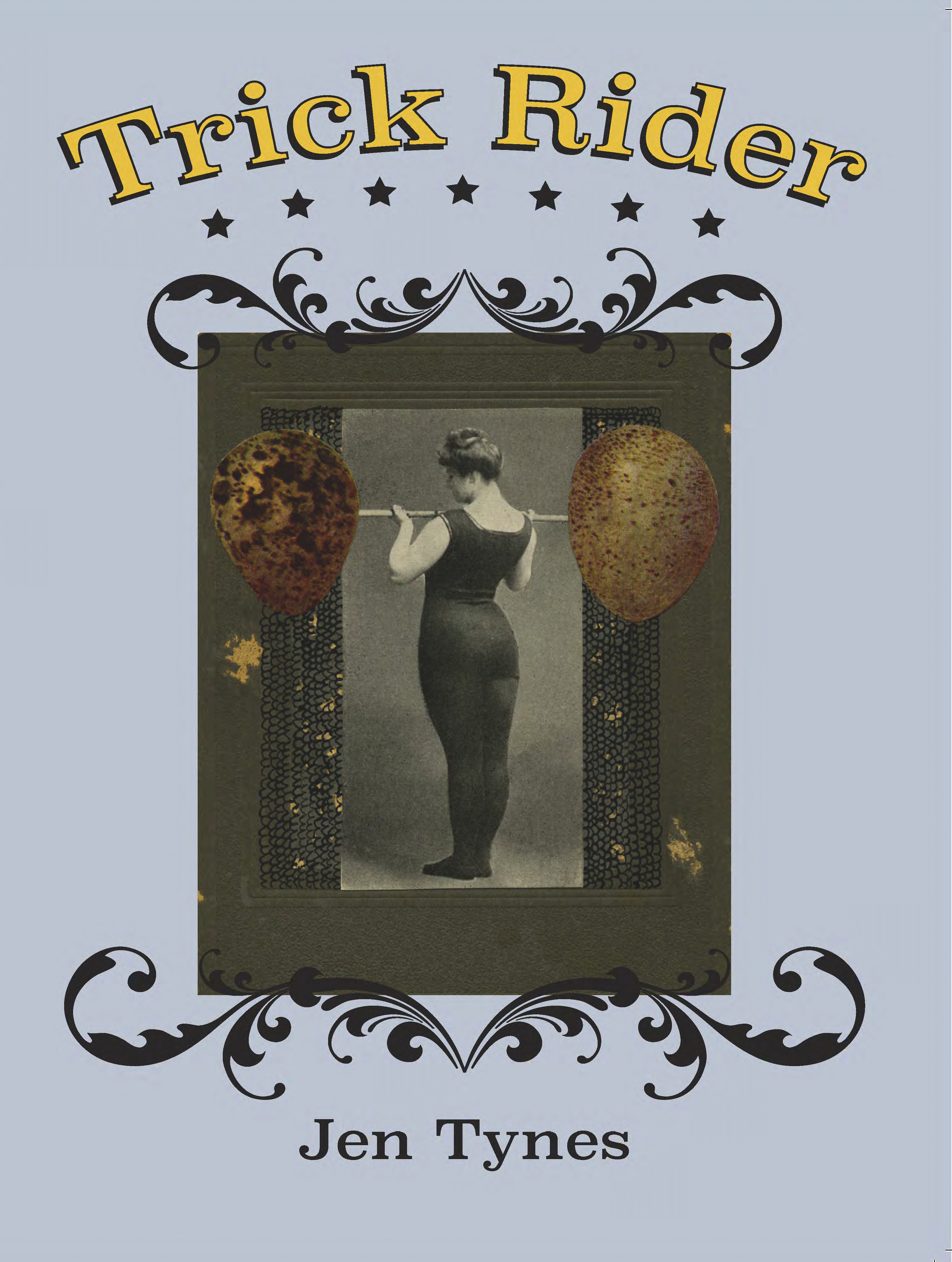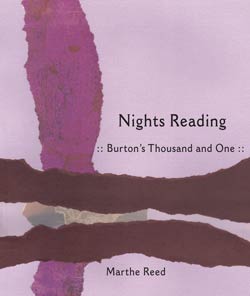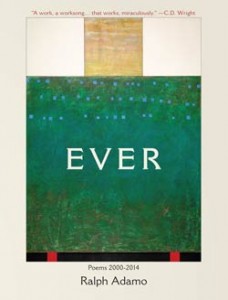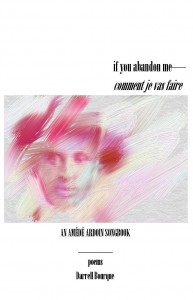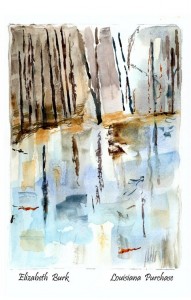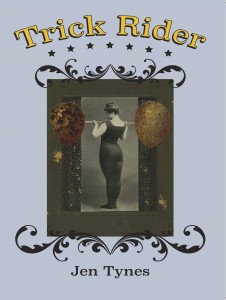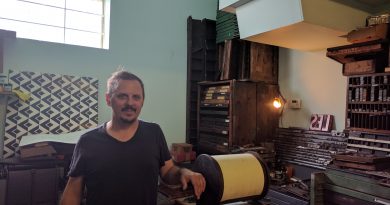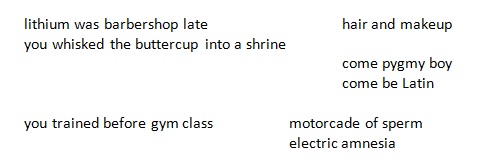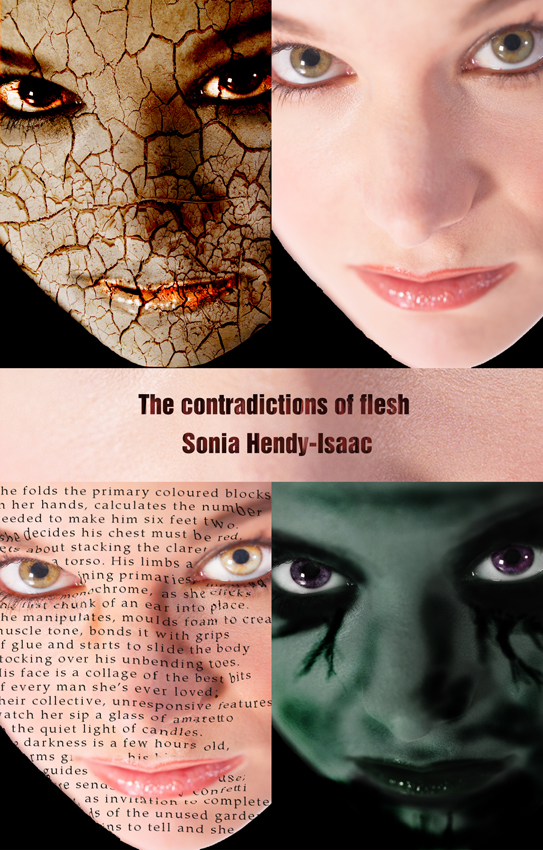1001 Louisiana Nights: Hot New Poetry from the Humid State
-Reviewed by C.A. LaRue–
Whether chasing the rhythms of old-school Acadiana, the Wild West rodeo or Scheherazade herself, the latest crop of Louisiana small press poetry is as seductive as hell. Start your sultry adventure off right with a careful perusal of Marthe Reed’s sexy Nights Reading, an “engagement” with Francis Burton’s translation of the One Thousand and One Nights, from the New Orleans-based indie, Lavender Ink.
Blown into the sumptuous world of a king and tossed at his feet, we become the “woman negotiating with her death,” the one who in the familiar story is forced to use both her mind and her body as a weapon.
Reed opens the juicy page-turner “at the hour of bed sheets and ink” and skillfully moves into a sequence of poems that at once reveal everything and nothing, such as in these lines from “Slave of Desire”, which reads:
She incites the space around her
Blue walls of the bedchamber border the chronicle she narrates
Fragment and calyx: he takes her to bedIn response to such bluntness, we must enter by force of
imagination.
Another example from “Mouth Filled with Jewels”, where Scheherazade is in a precarious situation, Reed describes like this:
Playing with words. Her bargain, a
career with no limit. Her voice, like the child of the sheikh, a kind
of ensorcelled calfTime and again, the inevitable temptations of her body. She sat
upon his kneeAlchemy of her thighs pressed against his own
Her glance
Like a coin or rubied ornament, a dialectic with death in which
her narrative vanishes or reappearsA sleight of hand. Or mouth…
Other poems tackle the more thorny issues of gender, class and race that the narrative has sparked across generations, using and responding to snippets from interpretations as divergent as that of feminist poet Alice Notley to Poe, Borges and Burton himself. In so doing, Reed challenges “what we imagine/ we know.”
When you cool off from that read, dive into the less sexually charged, but enticing world of Ralph Adamo. A decades-long resident of New Orleans, his collection Ever (his seventh and the first since 2002) is both a testament to the city and a logbook of everyday moments.
We get an immediate “feel” for his laid-back personality with these lines from “Little Life.” It begins:
I go as quietly as I can
For one not an invisible man
But rather a mass of flesh
Not much different from the rest
Lower key celebrant guy
Moving in and out of quiet spaces and into the chaos that is the Crescent City and life in it, the river itself seems to rise and wane in him. And in fact, R.S. Gwynn says in his blurb that “these are the poems of a man who has become his city”. I could not agree more.
Through his freely-shared body we “feel the summer’s cascade/buggy and wet in [our] blood” and the gentle trip of the tongue that he hopes to invoke in “Central Time,” saying:
I want your tongue to trip
like a little girl playing over the roots
of old oaks, stumbling gracefully, or if
falling, falling like stinging caterpillars
down from ghostly cocoons en masse
to prey on the bare feet of us all,
our exposed skin a hopeless provocation…
The weather figures into so many of his poems, and it is no surprise for someone who too lives in the tempestuous sunshower/hurricane-prone state.
You’ll find the subject of weather again, less conspicuously, in Darrel Bourque’s searing new chapbook if you abandon me, comment je vas faire: An Amédé Ardoin Songbook, the first in The Louisiana Series of Cajun and Creole Poetry from Lafayette-based Yellow Flag Press.
As the former Louisiana State Poet Laureate (2009-20011), Bourque has some practice in capturing the cadence of the state’s rather unique language. His work is always a reflection of his deep roots in Cajun Country, but I had no idea that it extended into its musical legends.
In one slim volume, he retells the story of the “father” of Cajun music through the voices of actual “players” in his tragic life tale—from Ardoin’s immense talent to the racially motivated beating that cut it short. Mostly written in English, the final sonnet alone is rendered in Ardoin’s native Louisiana Creole French, and it is (we learn from the footnotes) a clever amalgamation of Ardoin’s actual song lyrics.
It is hard to tackle the mystique of such a legacy, but using the guise of Ardoin’s mother, Bourque makes plain how profoundly his music affected its listeners. The last stanza of “Aurelia Clint Ardoin’s Little Boy,” reads:
Like he cried, he’d sing way up there
and then he’d bring the song down
piece by piece until you could see yourself
in it. I could hear him singing when I died.
Then in the voice of Ardoin’s lover, he builds on that image in “Jouline’s Version”:
He lived inside his song. He was,
enfin, the song alive and always coming up
suddenly in that place where he alone lives,some place where no one else could get air
for themselves. His touch was fire burning
like fire never burns.
By the time that Ardoin passes away, alone and abandoned in a mental hospital, towards the end of series of poems, we are so invested in his life, that the loss feels visceral and deeply personal. Even more so, when upon closing the chapbook, we find the man himself staring back in a ghost-like image that makes use of his actual photo.
When you recover from his loss, pick up Elizabeth Burk’s second Yellow Flag chapbook Louisiana Purchase. Here we find a woman adjusting to Acadiana as the wife of a native and reflecting on her past and now part-time New York life.
Written as a sort of follow-up to her very popular Learning to Love Louisiana, I am yet again tickled by her reactions to us strange creatures here.
In “Below Freezing in Vermillion Parish,” she puzzles over SW Louisianans’ response to an unusual cold snap. In her own words:
Not our kind of winter
people down here say, when it turns
so cold there’s a run on insulation
at the local plumbing stores
and out come the hairdryers,
blowtorches to unfreeze pipes
laid long ago on outer walls,so cold the women in town
wear their fur coats—muskrat, nutria,
raccoon—to lunch at Dupuis,
those coats that live in the back freezer
of the town tailor, pampered like
the endangered species they’ve become..
Poor gal in a strange universe! Despite the weirdness of her neighbors, she still has her faculties and absolutely kills it with poems like “Repetition Compulsion,” which begins:
It doesn’t matter who you marry—
one morning you wake up
and there’s your fathersitting at the breakfast table
scowling as he spreads blueberry jam
on a slice of toast, or standingat the stove, stirring oatmeal
and pointing out the untidy stack
of papers on the dining room table…
I’ll let you discover the rest of the poem for yourselves. This is definitely a pamphlet not to be missed. And neither is Jen Tynes’ rip-roaring wild ride Trick Rider, which follows a young woman in a Wild West sideshow rodeo. Another doozie from New Orleans-based Trembling Pillow Press, Editor Megan Burns has proven again her eye for such talent.
Instantly plopped down atop horses and ponies, we “put on a performance like/a rabbit skin” and “shine the horse/teeth with petroleum jelly, address/each other by our money-/making names” along with the speaker, who it seems is not enjoying the show as much as she could. She confesses to watching (from the inside) “the body make/a home-shaped shadow we follow even/when she seems to sundown.”
Be prepared to brush up on your western vocabulary to best appreciate these poems, and look for bits of Faulkner’s As I Lay Dying and flashes of O’Keefe and the famed southern photographer Sally Mann. You’ll be fascinated and haunted in turn by such images as these from the “The Black Mariah” sequence:
In her photograph, Baby Bunting
Lee hangs hard like green
fruit of the spine
of a Mongolian pony.
Where her eyelashes should
be: rattlesnakes on
full alarm. Her breasts a couple
mushroom clouds, vitals
full of holes where the redheaded gunslinger missed her
apple. It looks like both a woman
and a vase inside her
pupils. Baby gives her lungs
the slip and hides her bottom
self beneath the third
shell which no one ever
chooses.
The third full-length collection for Michiganian Tynes (who when wearing her publisher’s hat is editor at horse less press), this fearless exploration of gender and death owes much to Alice Notley whose line – “well there are millions more of dead women not just the few you are hey nonny”—inspired the books and opens its pages.
With such presses as Lavender Ink, Yellow Flag and Trembling Pillow going strong, poetry is far from dead in this state! I hope you come back for more vicariously steamy Southern nights.
*Q&A with the editors of: Yellow Flag, Lavender Ink and (forthcoming) Trembling Pillow on the BoneSpark Blog.

